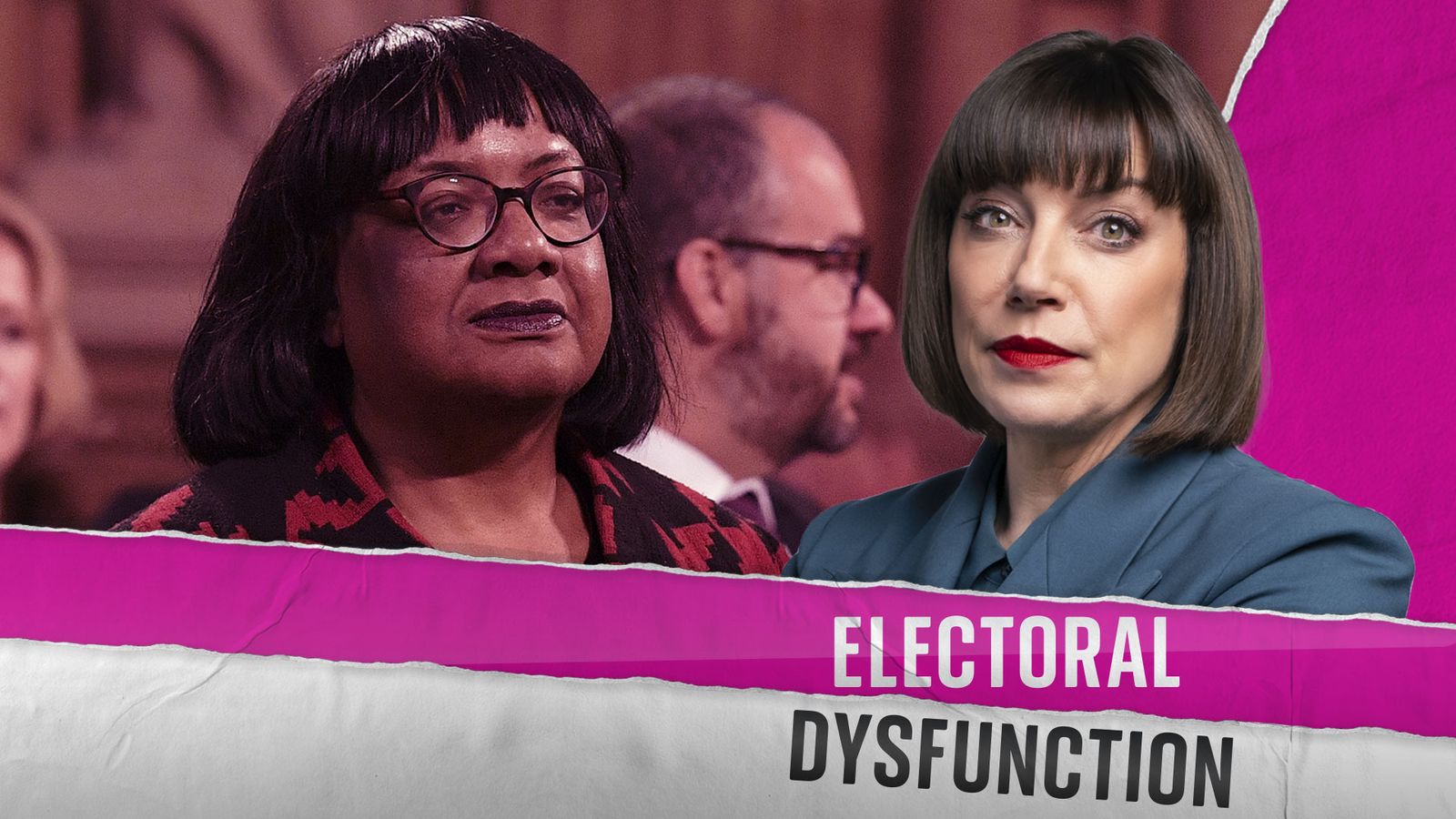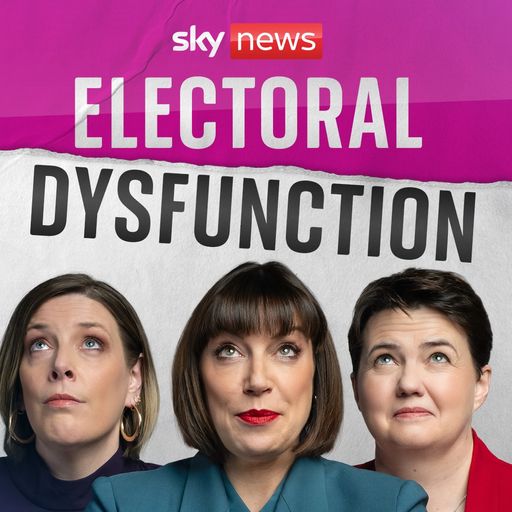There are some weeks in politics where what Westminster needs is a monsoon to wash away the toxicity enveloping this place and clean up the atmosphere – and this week is one of them.
Be it the Number 10 agenda this week on better defining extremism, an unruly MP in the shape of Lee Anderson, or a Conservative party donor – seemingly unrelated stories all have something in common – an undercurrent of toxicity in our politics driven by a combination of culture wars and tensions over the drawn-out war in the Middle East, set against the backdrop of an election campaign that is already in full flight despite there being no poll in sight.
It’s not really that surprising. I remember Sir Keir Starmer telling me in an interview at the beginning of the year he was going to “fight fire with fire” against Conservative attacks, setting up the long and bruising campaign we are now living through.
For all the talk about finding consensus, particularly in the battle against the threat of far-right and Islamist extremism that has intensified in the wake of the Israel-Hamas war, what our politicians are looking for are dividing lines.
In Electoral Dysfunction this week, Ruth Davidson, Jess Phillips and I talk about those divisions – and find between us some common ground.
👉 Listen above then tap here to follow Electoral Dysfunction wherever you get your podcasts 👈
When it comes to the racism row over the Conservative party donor Frank Hester who reportedly said Diane Abbott “should be shot” and made him “want to hate all black women”, Ruth says it was “frankly nonsense” for Number 10 not to call the remarks out from the outset as racist.
It took a tweet from Kemi Badenoch calling it out for the prime minister to follow suit – and showed that Rishi Sunak “is following not leading”.
Ms Phillips tells me she thinks Ms Abbott should have the whip restored as both politicians discuss the “hierarchy of racism”, with Ruth calling out the Conservatives for being more robust over the Hester remarks than Lee Anderson’s claims that Sadiq Khan was under the control of Islamists – whom the former Tory MP described as the London mayor’s “mates”: “[The Conservative Party] still haven’t said that was racist,” Ruth says.
Which brings me to another ill-tempered event this week – the media conference to mark the defection of Mr Anderson to the Reform party.
Mr Anderson used the platform to say again he wouldn’t apologise for his remarks, as he launched a broadside against his former party for stifling “free speech” and said it was “unpalatable” that he had been disciplined for “speaking my mind” as Richard Tice of Reform welcomed Mr Anderson into his political party with open arms.
It was a pretty ill-tempered news conference, with Mr Anderson clearly finding questions from journalists around his decision – and disloyalty to the Conservative party and leadership – irritating.
When I asked him a question about what he’d say to those who thought him to be attention-seeking and disloyal, he gave me short shrift: “Country, constituency, party. Next question.”
Some people, watching back the press conference, also think that as well as giving me a curt answer, Mr Anderson also gave me the middle finger when I was asking the question.
I’ll leave you to decide, but what we can perhaps agree on is the undercurrent of ill-temper, heavy-on adversarial politics and culture wars that defined that defection.
Neither Ruth nor Jess think that jumping party will save Mr Anderson’s seat, but Ruth talks about why she thinks Mr Sunak gave Mr Anderson a platform by making him a deputy party chair – and why that decision lacked political courage (and is now biting back).
As for the prime minister, the government’s decision to create a new, official definition of extremism to ban those with a “violent or intolerant” ideology has, for a change, united quite a lot of people across the political divide.
Civil liberty groups came out to warn against democratic protest becoming infringed; some on the right of the Conservative Party are concerned it could curtail free speech, and three former Conservative home secretaries made the point that “no political party uses the issue to seek short term tactical advantage”.
In the end, talk that the government would use the list of extremists to embarrass Labour by pointing out links between Labour figures and those on the names of the government-determined lists, came to nothing.
One “culture war” this week, then, which wasn’t stoked – but the air hangs heavy in Westminster, with the prime minister seemingly unable to grasp his party and get on with leading and unwilling to call an election to let the country decide.
Tap here to follow Electoral Dysfunction and get it every Friday from wherever you get your podcasts

